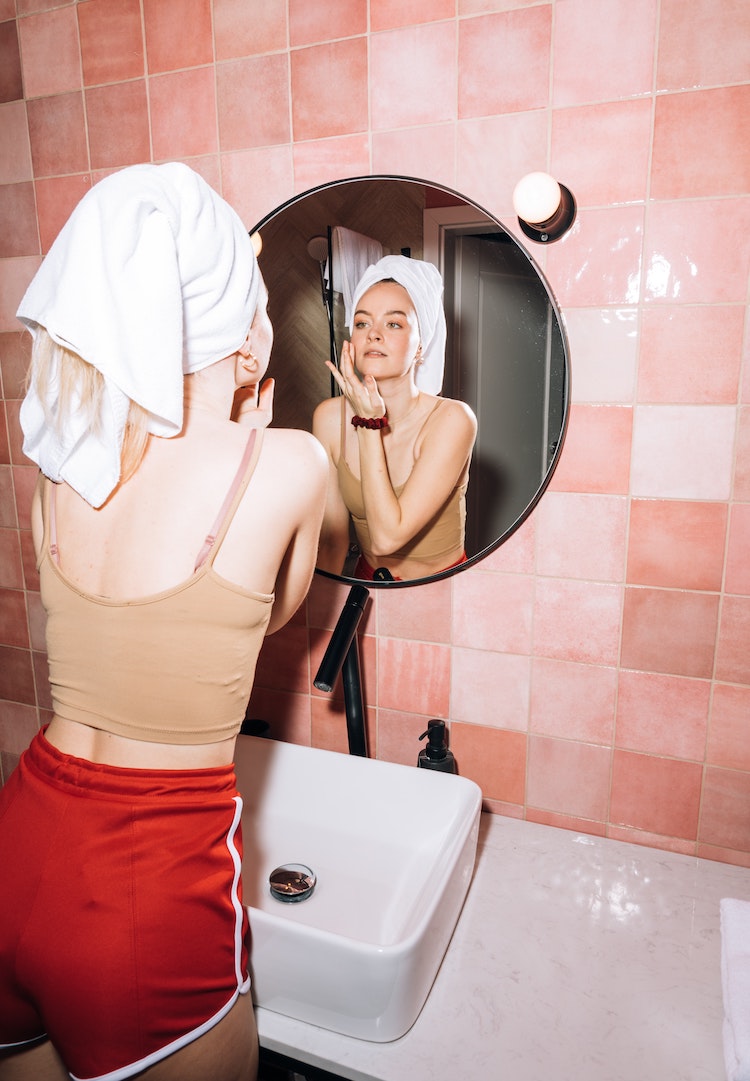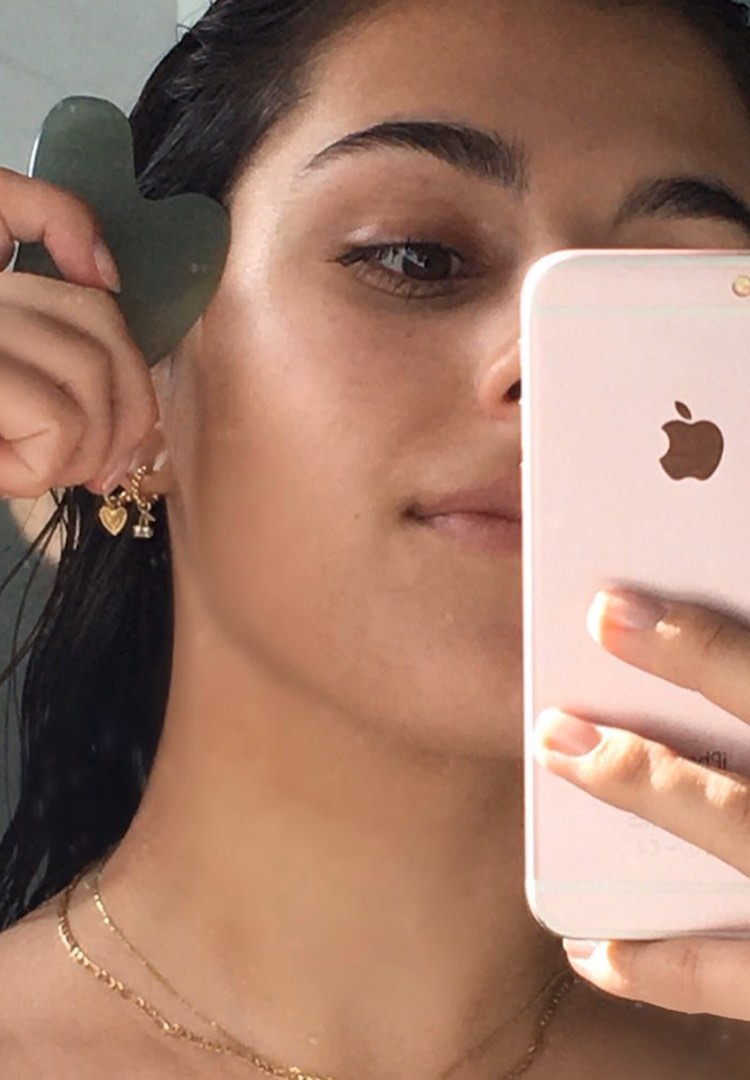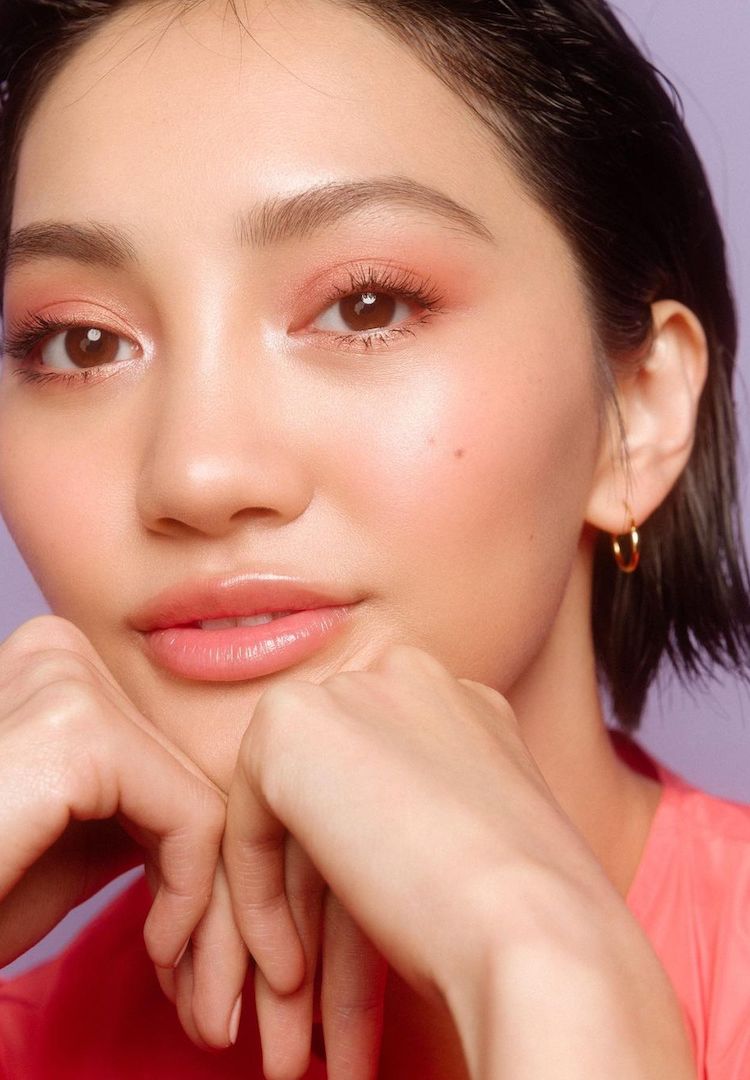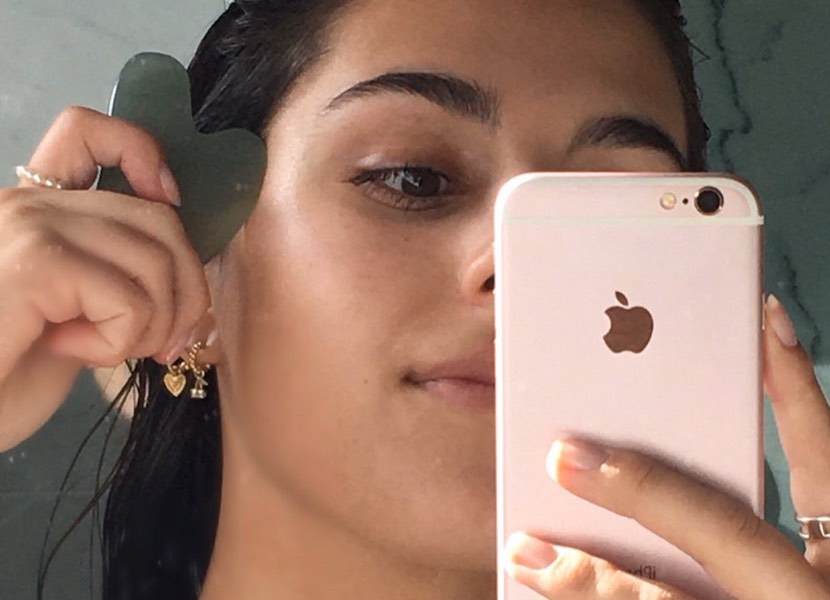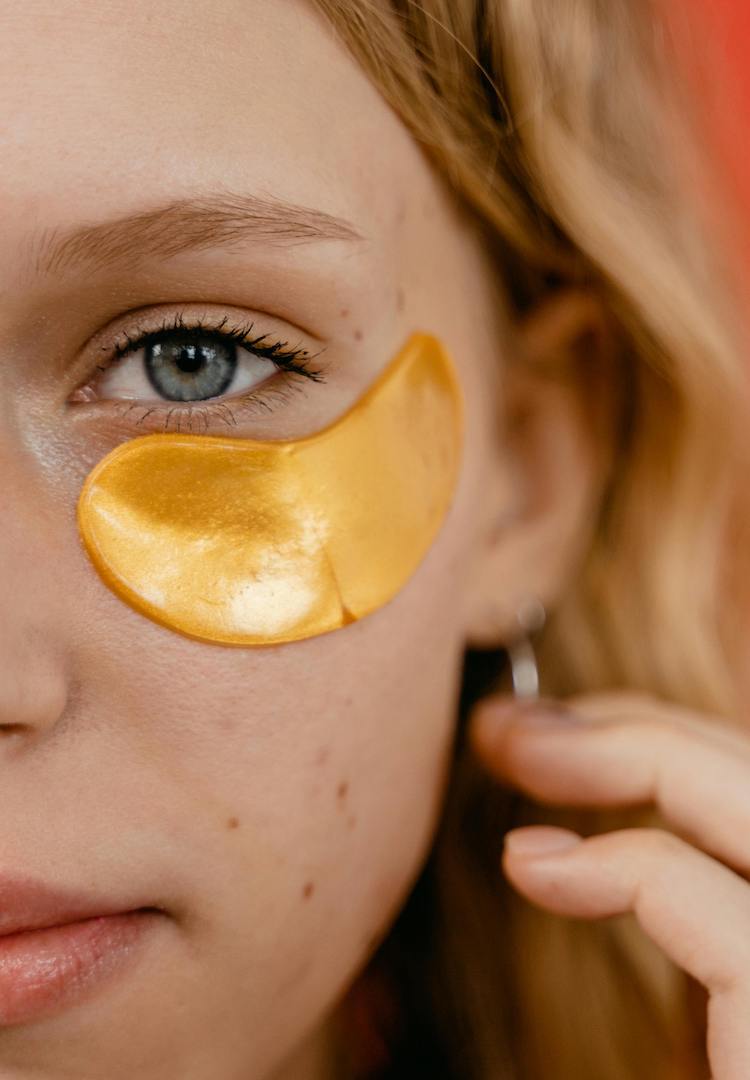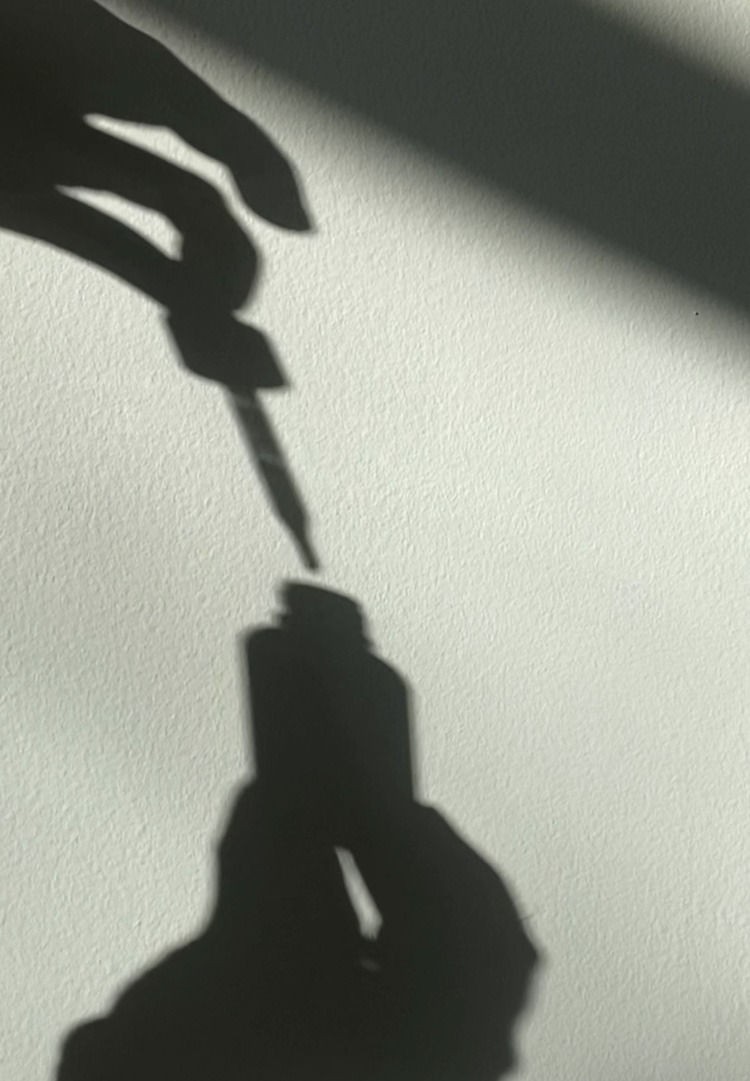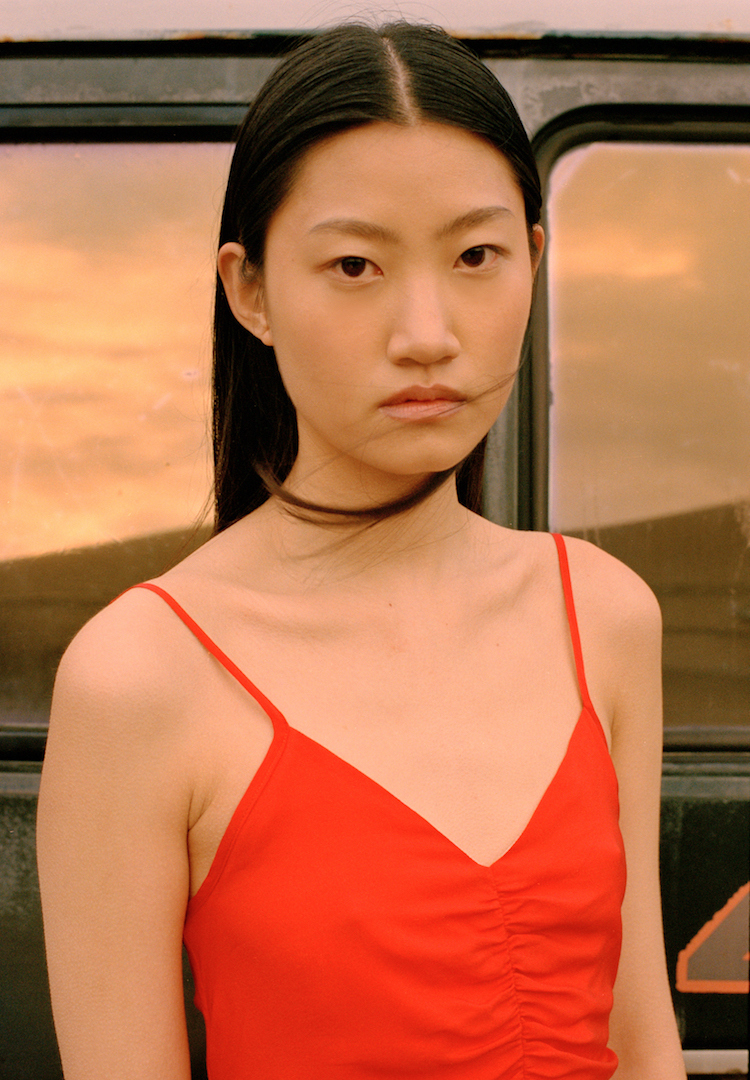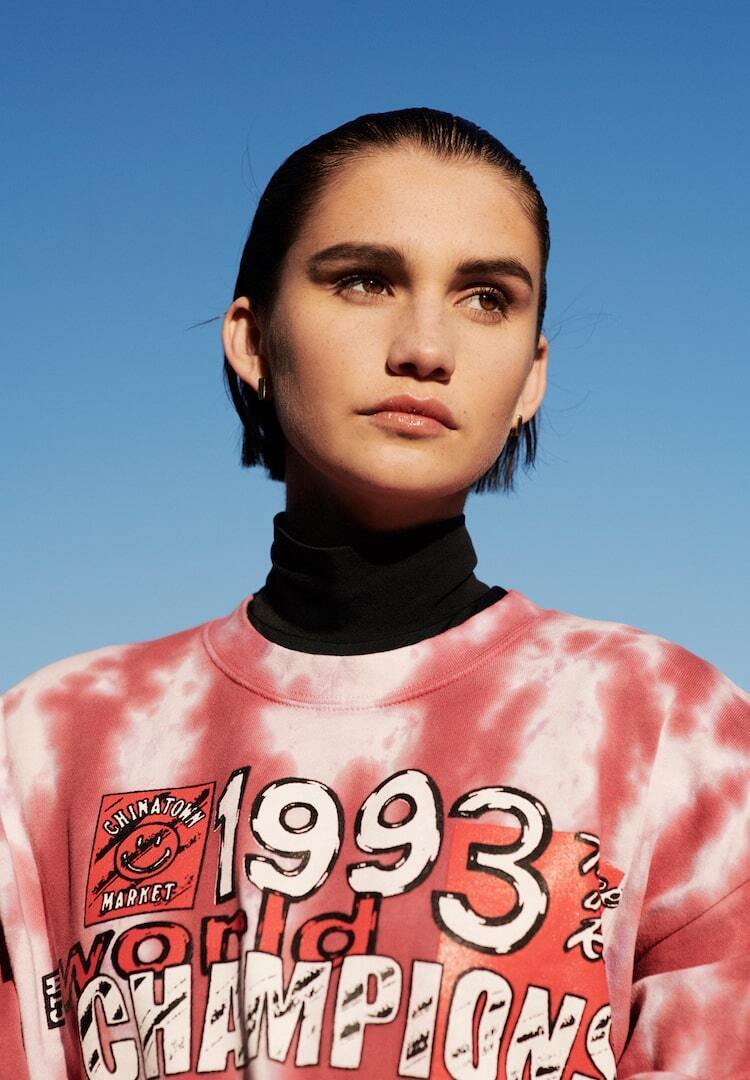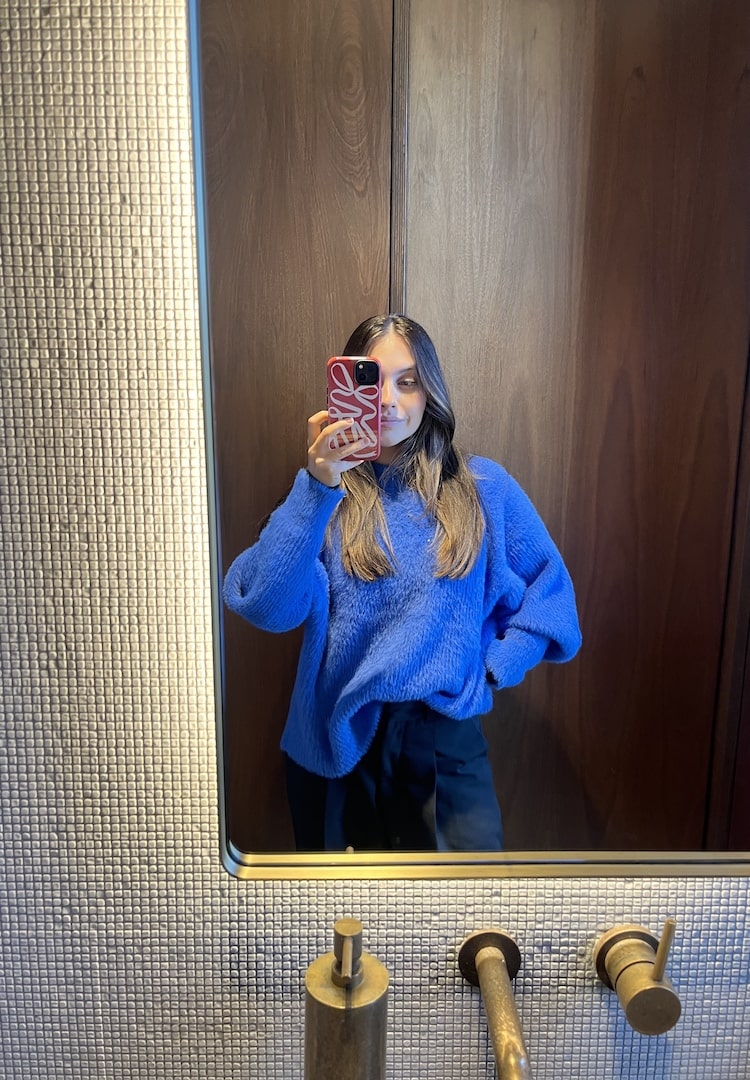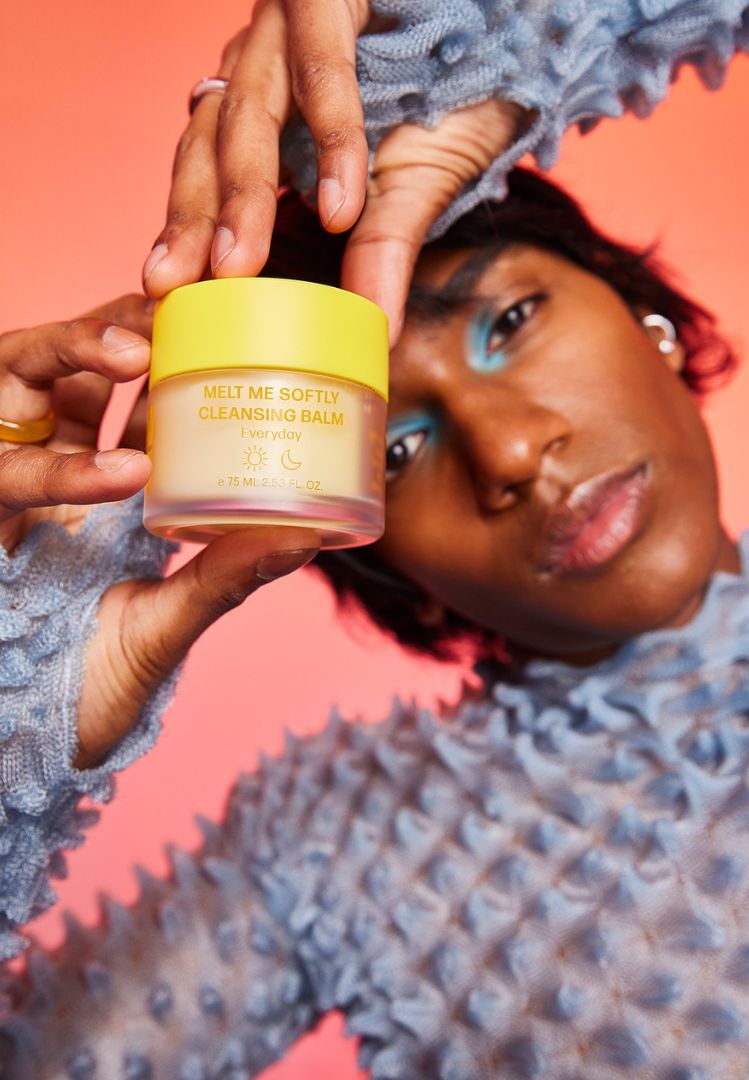Australian beauty influencers can still promote health and skincare, here’s how the new rules work
image via @christinalkarras/instagram
Words by Bianca O’Neill
“Once you dive a little deeper into the new code, there’s a lot of wiggle room for influencers here, with only a few small adjustments to their messaging.”
Last week, The Australian dropped an Instagram post that ended up creating a social media uproar. It stated that influencers would soon be banned from receiving ‘perks’ (including payment) for posting about certain health products, like skincare.
The post was joined by an article about a new advertising code from the Therapeutic Goods Administration (TGA), the government agency that regulates the advertising of therapeutic health and beauty products in Australia. In particular, the article focused on the addition of influencers to the new rules governing paid and gifted testimonials. It caused a frenzy of commentary online, pitting concerned influencers against critics who have long called for further regulation within the influencer industry.
Interested to hear how others navigate the world? Head to our Life section.
Interestingly, despite the news blowing up online as if it had just been announced, the introduction of the new code was far from news – it has technically already been in effect since January 1 2022, with a six month ‘transitional’ grace period in effect until June 2022.
In case you missed it, the changes were made after the TGA spent 18 months investigating the old Therapeutic Goods Advertising Code, designed to regulate the promotion and advertising of select therapeutic health and beauty products.
Why the updates?
Nowadays, influencers play a huge part in selling health and beauty products, and are integral to the marketing strategies of many skincare, health and wellness brands, from small upstarts all the way to global behemoths like L’Oréal.
The original code, not designed to regulate the modern advertising marketplace littered with skinfluencers providing collagen testimonials and wellness bloggers spruiking skinny teas, obviously needed to be updated. So, the TGA decided that the explicit addition of influencers to the restrictions around health products was necessary to ensure advertising was “conducted in a way that promotes the quality use of the product, is socially responsible and does not mislead or deceive the consumer”.
Specifically, it states that: “The 2021 Code clarifies that paid or incentivised testimonials cannot be included in advertisements, including from anyone engaged in the production, marketing or supply of the goods. This includes paid or incentivised testimonials from influencers.”
The financial impact for influencers in the health, wellness and beauty space seemed potentially quite significant; under the broad definition of ‘therapeutic goods’, popular influencer-marketed products like vitamins, protein powders, supplements and even sunscreens will fall under the ban.
However, despite the initial social media storm, it seems the code has left a few openings for the influencer industry to continue pretty much unrestricted – free testimonials will still be allowed, as will paid and gifted promotions of these products without a testimonial attached. Essentially, it looks like an influencer will still be able to be paid to promote a supplement or vitamin, they just won’t be able to explicitly say that it provided them with a certain result.
So what do these changes actually mean?
To find out more about these changes, I spoke to senior lawyer and founder of social media law firm Social Law Co, Tegan Boorman. “Whilst the new Therapeutic Goods Advertising Code clarifies that testimonials are unable to be provided by influencers in advertisements about therapeutic goods, it does not prohibit some influencers from providing an endorsement (without any testimonial) about some therapeutic goods, whether expressly or by implication,” says Boorman.
“Certain influencers, including, but not limited to, those who are current or former health practitioners, health professionals, medical researchers or people who represent themselves as being qualified or trained to diagnose, treat or prevent disease, ailment, defect or injury in people are unable to provide testimonials or endorsements about therapeutic goods.”
So, in the end, not a huge amount has changed, really. In fact, once you dive a little deeper into the new code, there’s a lot of wiggle room for influencers here, with only a few small adjustments to their messaging.
“We do need to learn more around the distinction between the banned testimonial and allowed endorsement, as this will determine the effect [on influencers],” said Genevieve Day, founder and director of influencer talent agency Day Management, when I spoke to her earlier this week about the new code.
“I understand that the space needed to be more heavily regulated, as unfortunately there were people out there spreading misinformation. However, these new laws are also punishing influencers who work honestly and authentically with brands they align with, even those trying to promote positive messaging like sun safety. I hope we can find a middle ground, protecting consumers while also allowing space for authentic brand collaborations.”
What do influencers have to say?
Influencers themselves have mostly jumped to staunch criticism of the new code, with many proclaiming the regulations unfair, damaging to their business, and potentially devastating to fledgeling businesses reliant on influencer marketing to advertise their products.
On the Instagram post pushing The Australian’s article about the new regulations alone, there are over 1,700 comments, many from influencers themselves.
View this post on Instagram
“This is ridiculous and is going to be a massive blow to small businesses and creators. You are basically saying that consumers are too dumb to make an informed decision before making a commitment to purchase,” commented ‘Influencer coach’ @itsashleighjade.
“This is insulting to the public more than anyone. You’re saying that they’re that uneducated they can’t make up their own minds and they’re easily manipulated into buying things?” commented Zoe George, @thesubtlemummy.
Melissa Rawson, a Married at First Sight contestant with 145k followers, also pointed out what she – and many other commenters – perceived as a double standard, writing: “Then ALL advertising in magazines, newspapers, TV, digital publications that promotes health and wellness products should be banned also. When an influencer does a post it says ‘paid post’ or #ad. I’m not sure why this has been singled out when other ‘advertising’ mediums have not. Can anyone explain this to me?”
A constantly moving beast
Many of the influencers sounding off on social media seem to have missed the subtle caveat to the code allowing them to still be able to promote the products – similar to traditional media – as long as it’s not delivered in the form of a personal ‘testimonial’. But as Boorman tells me, this may only be the beginning of the ever-tightening restrictions around influencer marketing and paid promotions on social media.
“I expect to see further regulatory attention around influencers promoting financial products,” she says. “I also expect to see further issues around advertising disclosure, and some influencer marketing campaigns failing to comply with the Australian Consumer Law.”
In terms of future potential restrictions, Day also anticipates the regulations to be a constantly moving beast as advertising bodies continue to evolve their understanding of the impact of influencer promotions on various industries. She does, however, have some criticism for the specific onus of responsibility on influencers, rather than the businesses themselves.
“We’ve already seen changes in ad disclosure, and now around health claims,” she says. “The regulations do require some finessing, and I expect they’ll continue to change every few years. However, I do wish that the same rules and scrutiny also applied to the products and brands being promoted, as it does for influencers.”
For more on the new TGA regulations, head here.
Bianca O’Neill is Fashion Journal’s senior industry columnist. Follow her at @bianca.oneill.

